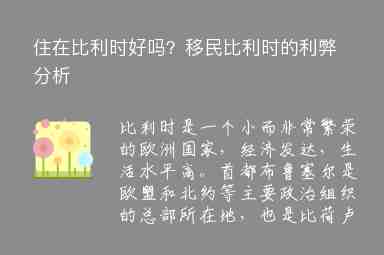explicitly [ɪk'splɪsɪtlɪ]
adv. 清楚地,明确地
Explicitly is an adverb that means in a clear and direct manner, leaving no room for confusion or ambiguity.
用法:
Explicitly is often used to emphasize that something is stated or expressed in a very clear and detailed way. It can also be used to indicate that something is done without any hesitation or reservation.
例句:
1. The instructions were explicitly written, making it easy for everyone to understand.
这些说明书写得非常明确,让每个人都能够理解。
2. She explicitly stated her expectations for the project.
她明确地表达了对这个项目的期望。
3. The rules of the game were explained explicitly before we began playing.
比赛规则在开始前被清楚地解释了。
4. He was explicitly told not to touch anything in the museum.
他被明确告知不要触摸博物馆里的任何东西。
5. The contract states explicitly that all payments must be made within 30 days.
合同明确规定所有付款必须在30天内完成。
同义词及用法:
1. Clearly - adv. 清晰地,明显地
Clearly has a similar meaning to explicitly and can be used interchangeably in most cases.
2. Directly - adv. 直接地
Directly emphasizes the straightforwardness of something, while explicitly emphasizes the clarity of something.
3. Precisely - adv. 精确地
Precisely means exactly or accurately and can be used as a synonym for explicitly in some contexts.
4. Unambiguously - adv. 明确地
Unambiguously means without any doubt or confusion and can be used as a synonym for explicitly in certain situations.
编辑总结:
Explicitly is an adverb that is used to emphasize the clarity and directness of something. It is often used in formal or professional settings to ensure that there is no room for misunderstanding. It can be used interchangeably with words like clearly, directly, precisely, and unambiguously in most cases. When using explicitly, it is important to make sure that the statement or expression is clear and unambiguous.


